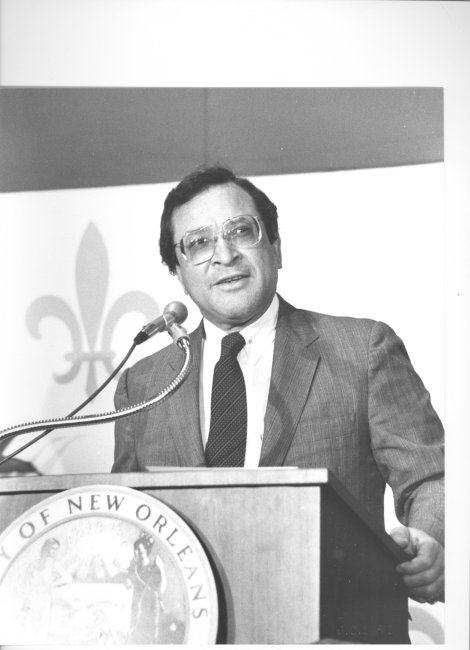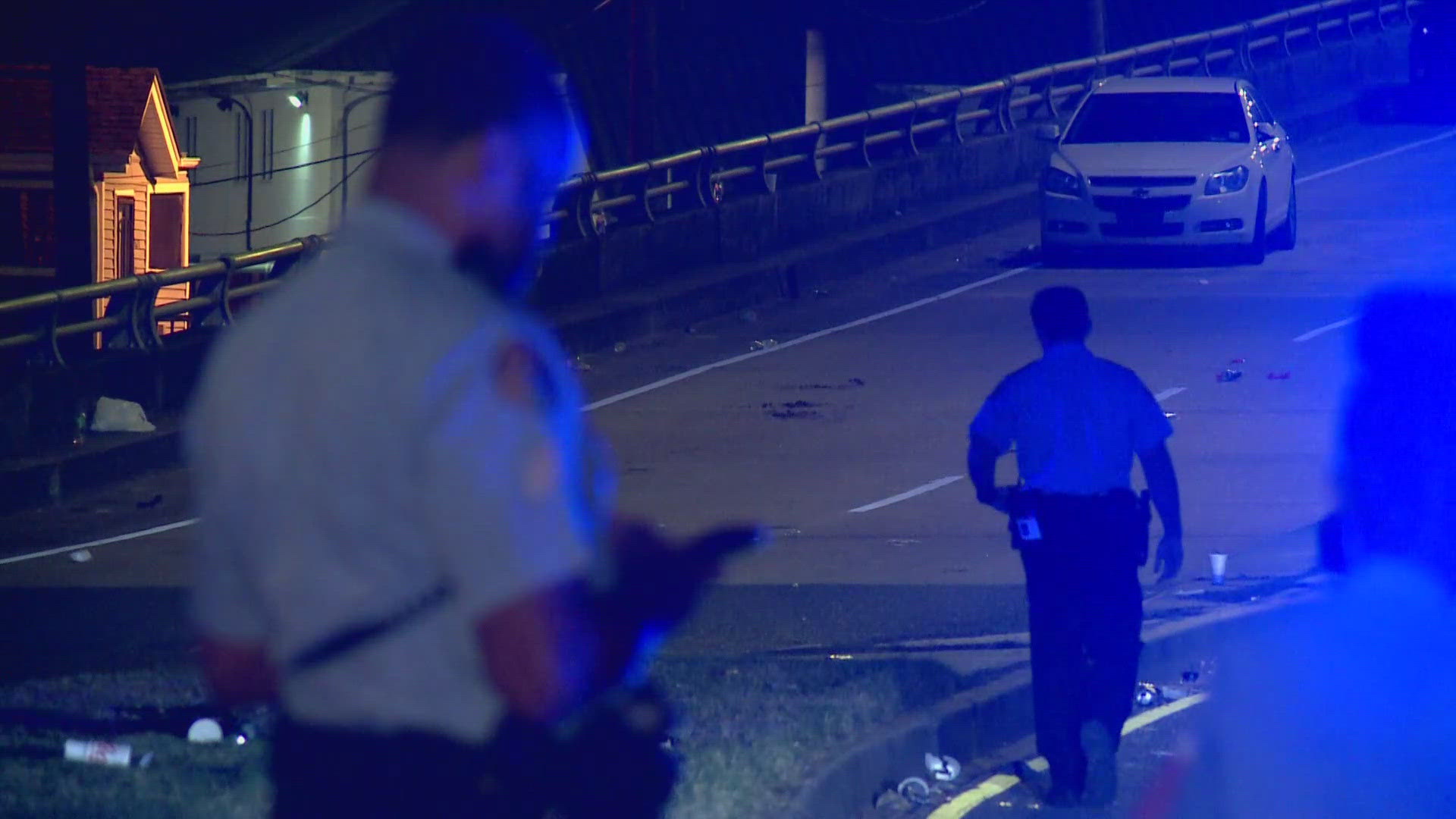NEW ORLEANS - During his four decades in public life, his persona and politics always attracted attention. Now, 25 years after his death, former mayor Ernest "Dutch" Morial will once again make news, when his remains are placed in a new family tomb.
On Monday, just days after the 25th anniversary of his death on Christmas Eve 1989, Morial's family will mark the relocation of his remains from St. Louis Cemetery No. 1 to a different family tomb in St. Louis Cemetery No. 3 on Esplanade Avenue.
Family spokeswoman Denise Estopinal, who served as press secretary for Morial's son Marc during his mayoral administration, explained that the newer family tomb in the Esplanade Ave. cemetery will be the resting place for future generations of the Morial family.
Monday's ceremony will include a blessing from Archbishop Gregory Aymond and prayers from several clergy members: Rabbi Edward Cohn, Imam Rafeeq Nu'Man and Bishop Emeritus Paul Morton.
Morial's seven grandchildren will read from his biography and his widow, Sybil Haydel Morial, will place a wreath at the tomb. His son Marc, who served two terms as mayor before becoming president of the National Urban League, will join his four siblings at the ceremony as well.
Morial's current marble tomb in St. Louis Cemetery No. 1 is just steps from the final resting place of voodoo priestess Marie Laveau. The former mayor's tomb, inscribed with his familiar slogan "Keep the drive alive," is one of many visited by tour groups each year.
Morial's sudden death on Dec. 24, 1989 shocked the city and made national news. The first African-American mayor of New Orleans, Morial was 60 when he died.
As a civil rights activist, attorney, judge, state lawmaker and mayor, Morial's career was full of firsts. He was the first African-American elected to the state House of Representatives in the modern era, as well as the first black graduate of Louisiana State University law school and the first black assistant U.S. attorney in New Orleans.
Later he became the first African-American to serve as Juvenile Court judge, Fourth Circuit Court of Appeal judge, before being elected the first African-American mayor of New Orleans in 1978. He served two terms before leaving office in 1986.


